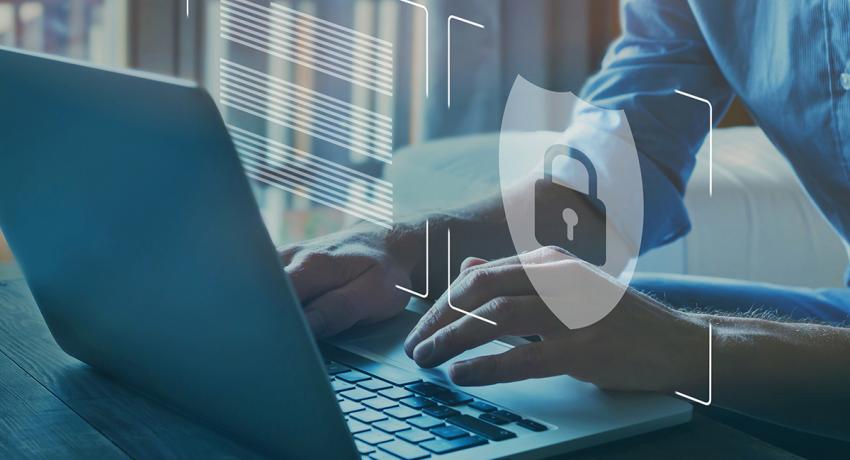
How to Keep Your Online Information Private
With so much of our daily interactions being online, keeping your personal information private in the digital word has never been more important. Knowing the necessary precautions to take is your first step towards keeping your personal information private. Here are some helpful tips to keep you safe online.
Avoid fake websites
The easiest way to get scammed online is to visit a fraudulent website. If you’re browsing a website you don’t usually use, ask yourself these questions to make sure it’s safe.
- Is the site secure? Only visit sites with an “https” and not just an “http” in the address bar.
- Does your browser warn you against visiting the site? Your internet browser will warn you about certain sites based on actual data and user reports.
- Is the website full of grammar mistakes and typos? Reputable website owners are careful to present a polished, professional look.
- Does the digital footprint check out? Search the company’s name to see what the internet and Better Business Bureau are saying about them.
- Is there an excessive number of ads? Ads are a big part of the online world, but if a website seems to be covered with intrusive ads, it’s likely fake.
- Is there a trust seal? Companies that deal with sensitive information make an investment to earn your trust. A trust seal, like the PayPal or Norton Secured seal, tells you the company has worked hard to deserve your trust.
- Is the URL authentic? When redirected to another site, check the new URL to see if it matches the original company.
Create smart passwords and security questions
A password is your key to almost every online site so it’s important to keep it safe. Here’s how to practice password and security question safety.
- Use a password generator. The best way to ensure your passwords don’t get hacked is to use a password generator like Sticky Password, LastPass or 1Password. These services generate a super-secure password for every site you visit, but you’ll only need to remember your one master password to access them.
- Change your password. If you don’t like the idea of a password generator, change your passwords every 30-40 days.
- Never double passwords. Using common passwords across multiple sites is easy on the memory but hard on your safety and security.
- Use strong passwords. For the best security, choose passwords that include a mixture of capitalization, numbers, letters and symbols. One smart way to come up with a password is to use an acronym for an easy-to-remember phrase.
- Use strong answers to security questions. A lot of times the information to common security questions is easy to find, for example, your mother’s maiden name. Consider answering these common security questions with fictional answers to help protect against fraud.
Don’t share everything online
Social media can be a fun way to stay in touch with family and friends, but you need to be cautious about what information you’re sharing. Hackers love to get your personal information from social media sites like Facebook, Twitter, Instagram and Snapchat. It can make it easier to figure out your passwords and security question answers. Never put your full name, address, phone number or social security number on websites that are available to the public. Also, make sure you know the people you’re adding as friends or followers on social media sites.
Monitor your accounts
It’s smart to regularly look at your financial accounts for potential fraud. This includes bank statements, checking accounts, credit cards, etc. In most cases, you have to report fraud within 60 days, so it’s important to monitor your accounts frequently. Online banking and mobile banking apps make it simple to keep an eye on your accounts.
Set up fraud alerts
At most financial institutions, you usually have the option to sign up for email or text alerts to let you know when activity has occurred on your accounts. This can help you catch fraudulent charges quicker. You can also sign up for free fraud news and alerts to receive weekly emails containing the latest cyber security news, tips and breach notifications.
Follow these tips to keep your online information private. A few small steps now can save you lots of aggravation and money in the long run.









